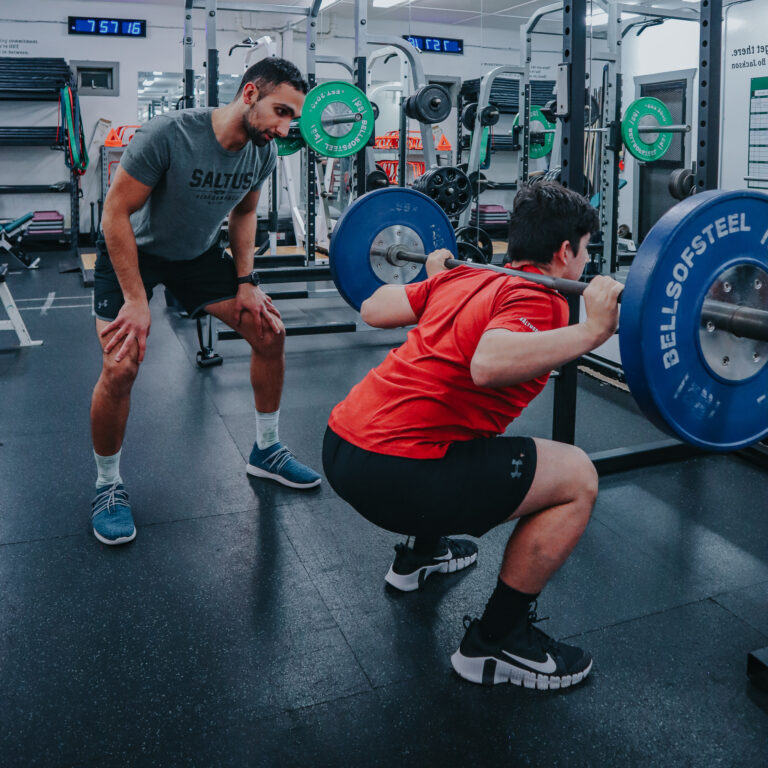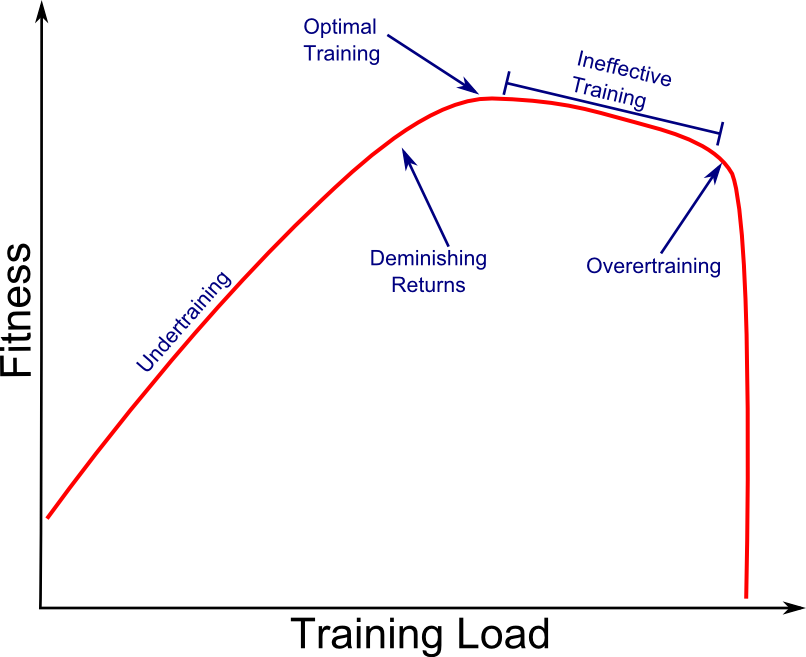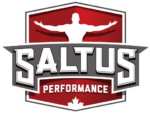
During my time in high school and university weight rooms, I’ve seen and experienced first hand the performance-enhancing benefits of team training sessions. The basketball guys rallying up their teammate before a max vertical jump attempt, rugby players psyching up each other on Bench press testing day and the track team building comradery in the weight room after their hard track practice. There is no doubt, these environments can build some of the most powerful, resilient and strong athletes. But, the other side of the coin is often overuse injuries, lack of motivation, regressed sport performance and burnout.
I realized this was a problem a few weeks back, when I heard one of my younger athletes say “I know what my 1RM is, I test it every week”. I, of course, immediately stepped in and explained why testing his maximal strength every week is not only a terrible idea but could be detrimental to his performance outside of the weight room.
As an athlete that does not participate in barbell sports (powerlifting, weightlifting), testing your 1RM should be limited, if not avoided altogether. Outside of the potential safety and injury issue, a 1RM test if done properly is very demanding on the Central Nervous System. And even though you might feel “recovered” 10 minutes later, your body might take days before it is able to perform powerful and fast movements at full capacity. If you are doing that every week (or every month even), you can see how that can be detrimental to your sports performance.
To give yourself the best chance to adapt to training and improve your performance, you need to understand the intent behind every training session and execute with that intent in mind. Your coaches will have different focuses throughout the week, like strength, power and metabolic conditioning. If you are not sure about how you should be executing certain exercises, this is
your chance to ask questions and open the line of communication with your coaches.
While there are usually warning signs before overtraining syndrome occurs; if you are a high school athlete and have different practices every day of the week plus multiple competitions with your school teams and sports clubs, your chances of overtraining are high.
Here is a simplified chart showing the relationship between training load and fitness:

Depending on the severity of overtraining, it can sometimes take months to recover from and restore baseline fitness levels. As an athlete, make sure you communicate with your coaches, monitor your readiness levels and perform the optimal effort and execution. Don’t be the training hero that under performs when it matters.
Here are 3 tips to avoid overtraining and reducing your risk of injury:
- Listen to your coaches. Good S&C coaches will almost always alternate easy, moderate and hard days in your program to find the optimal load that’ll maximize performance while minimizing the risk of injury.
- Fill out athlete readiness questionnaires at the beginning of your sessions (like the ones on Train Heroic). This will help you and your coach prevent overtraining if your readiness levels are low. Conversely, it can affirm that you are ready to push your performance if the session calls for it.
- Have open communications with your coaches. As an athlete it is your responsibility to provide honest feedback to your coaches, as that may indicate potential motivation, stress, fatigue and training issues. Especially for high school athletes that have multiple coaches between school sports, club sports and strength and conditioning.
As a coach, my number one priority is the safety of my athletes and their enjoyment in sport and training. Performance improvements are only secondary to this. And none of these parameters can be maintained if the athletes are overtrained.
Blog by: Coach Ali Alethawy | BKin, CSCS, NCCP Coach | IG: @Performance1st.training
